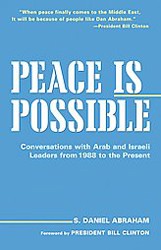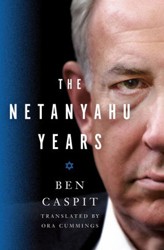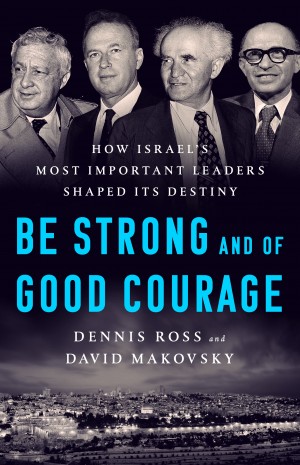In his riveting account of the thirteen days that led to the historic peace treaty between Israel and Egypt in 1979, Lawrence Wright analyzes the many obstacles that threatened to doom the conference from the start. He presents candid portraits of the negotiating principals who attempted to resolve the conflict between Israel and the Arab world: Anwar Sadat, Menachim Begin, and President Jimmy Carter. Wright, who won a Pulitzer Prize for The Looming Tower, his indispensable account of the origins of Islamic Fundamentalism, takes us through the thirteen days of contentious negotiations that separated Israel and Egypt, highlighted by the persistence of President Carter, who was able to cajole and threaten both sides and ultimately reconcile the differences that led to Israel’s withdrawal from the Sinai peninsula, Egypt’s precondition for the signing of the peace treaty between both countries.
From the outset of the Camp David conference, President Carter sought a comprehensive solution to the Middle East conflict, which included not only the struggle between Israel and Egypt but also that between Israel and the Palestinians. It became evident in the early stages of the negotiation process, however, that Carter had been too ambitious. Begin was adamant that Israel would not vacate Judea and Samaria — or what Egypt and the U.S. called the West Bank. As Wright depicts the day to day talks, Begin, with his lawyer-like approach to U. N .Resolution 242, drove Carter to distraction with his “nitpicking “arguments.” Wright recounts the many arguments Carter had with Begin, not only over the Palestinian question but also over removing the Israeli settlements in Sinai — an issue that almost derailed the conference. Subsequently Carter began to have doubts about Begin’s sanity, believing that if Moshe Dayan or Ezer Weizman were prime minister, there would be a peace treaty. Wright notes that “Begin continually objected to every remaining reference to the Palestinians; in Carter’s opinion the Israeli leader was utterly unconcerned with their plight… rejecting their ‘legitimate rights.’ Sadat, on the other hand, seemed to Carter the more reasonable of the two.” As for Sadat, Wright notes that he was closer to Carter than any other world leader and “indeed he felt almost like a brother to him.”
At the eleventh hour as it appeared that the conference would end in failure, Begin agreed to remove the Sinai settlements but only after consulting Ariel Sharon, who assured the prime minister that their removal presented no security problem for Israel.
The peace treaty between Egypt and Israel was unprecedented but subsequently led to Sadat’s assassination by Muslim fundamentalists. Wright’s book is a primer in understanding the profound difficulties in bringing about a resolution in the still unsettled struggle between Israel and the Palestinians.
Related content:





